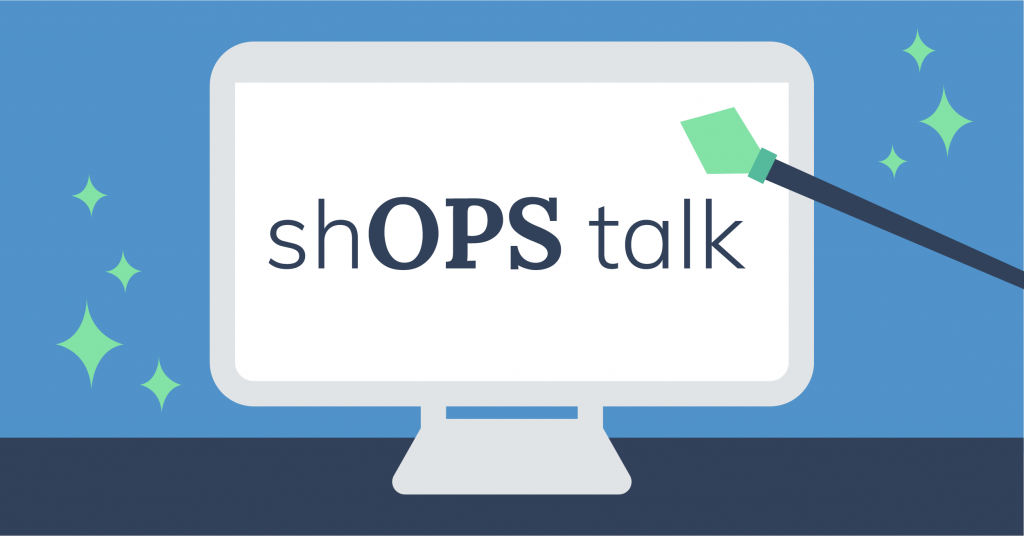RevOps’ function breeds out of necessity; as collaboration has become more difficult across all teams, RevOps becomes more important. Sonar’s Brad Smith sat down with a group of RevOps leaders to discuss RevOps trends they’ve seen circling the industry in the last year, where they predict the industry will lead in upcoming years, as well as best practices for a successful RevOps framework. Each of the following leaders found revenue operations at different points in their careers and weigh in on how they’ve firsthand witnessed change and development in the last year.
- Taft Love, VP of Sales for DocSend and Co-Founder of Iceberg Revenue Operations.
- Manas Kulkarni, Operations Team Lead at Spring Health
- Keith Jones, Manager of GTM Systems at MURAL
- Oliviero Mottola Di Amato, PEX
Topics that the panelists weigh in on include: Where do you think RevOps is heading in the next year? What are the most significant changes to RevOps that have happened in the last year, and how does that impact your organization? Why do some companies hire internally to create their revenue operations team structure while others outsource from an agency?


